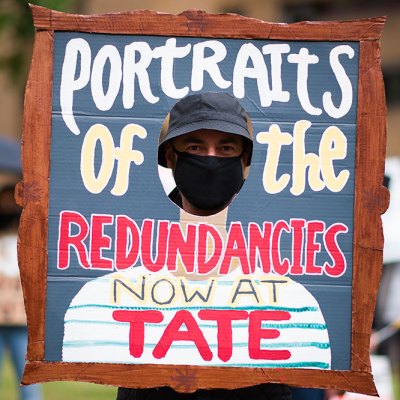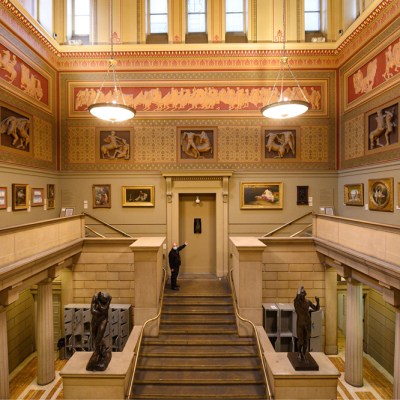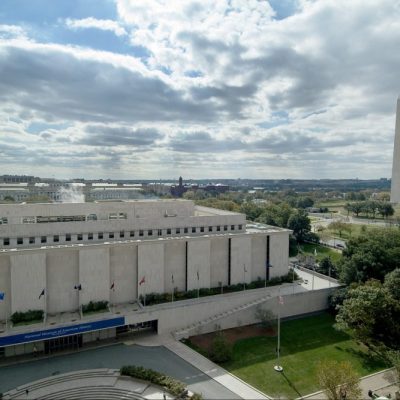Mike Lee, the senior senator for the state of Utah, voted on Thursday against a pair of bills to create two new Smithsonian museums of Latino and women’s history. After two decades of campaigning, the bills had passed in the House of Representatives earlier in the year, with support from both parties. Senator Lee, however, voted against them on the grounds that the proposed museums and emphasis on ‘hyphenated Americanism’ would increase social divisions in the United States: ‘The so-called critical theory undergirding this movement does not celebrate diversity—it weaponizes diversity.’ The senator suggested that both institutions be incorporated into existing Smithsonian museums. The Friends of the American Latino Museum expressed its determination to continue its efforts: ‘We stand ready to continue our efforts for this important missing piece of the fabric of our nation.’
A government report has criticised the Dutch Restitutions Committee for its ‘balance of interests’ policy, which weighs the concerns of claimants and their families against those of the museums holding the works they are claiming. Published on Monday – a week after the chairman of the commission resigned – the report states that this policy, which has been followed since 2012, ‘has in some cases detracted from the pursuit of justice and legal redress’. Urging the restitution panel to develop a ‘more empathetic’ and ‘less formalistic’ attitude, the report makes recommendations including the issuing of clear guidelines as to how restitution works, the setting up of a help desk for claimants, and the resumption of research into the ‘NK Collection’, which comprises some 3,800 items recovered by Allied Forces and returned to the Netherlands after the Second World War.
On Monday the US Supreme Court heard oral arguments in the case of the Guelph Treasure. The medieval church reliquaries, estimated to be worth some €200 million, are at the centre of a dispute between the German government and the heirs of the Jewish art dealers who, their heirs claim, were forced to sell the objects to the state of Prussia in 1935 for far less than their worth. At issue in the current case is whether the question can be decided in the US courts. The Supreme Court is expected to give its judgement by June 2021.
After considering The Expedition in Pursuit of Rare Meats, the mural by Rex Whistler in Tate Britain’s restaurant, the Tate’s ethics committee has come to the unanimous view that ‘the imagery of the work is offensive’. The finding in the minutes of the last trustees’ meeting, and reported by the Guardian, mentions that ‘the offence is compounded by the use of the room as a restaurant’, before pointing out that the Tate has a duty to look after the work.
Lead image: used under Creative Commons licence (CC BY-SA 3.0; original image cropped)



